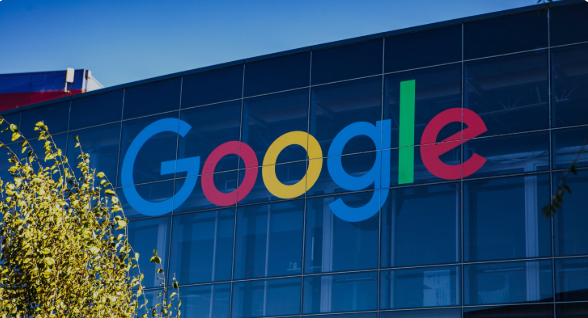Google Opposes Chrome Sale
Google strongly opposed the forced sale of Chrome, the world’s most popular web browser, stating that this move would harm both consumers and businesses. This development follows a Bloomberg report indicating that the US Department of Justice (DOJ) will propose this measure to a judge on Wednesday.
Judge Mehta’s Monopoly Ruling
In August, Judge Amit Mehta ruled that Google operates an online search monopoly and has since been considering appropriate remedies or penalties. While the DOJ has not officially commented on the report, Google has clarified its opposition.
Google’s Stance on DOJ’s Proposal
“The DOJ continues to push a radical agenda that goes far beyond the legal issues in this case,” stated Google executive Lee-Anne Mulholland. Google is also expected to face new measures regarding its artificial intelligence, Android operating system, and data usage. Mulholland added, “The government putting its thumb on the scale in these ways would harm consumers, developers, and American technological leadership at precisely the moment it is most needed.”
Chrome’s Market Dominance
Chrome holds a significant position as the most used browser worldwide, with a global market share of 64.61% as of October, according to web traffic tracker Similarweb. Additionally, Google search commands nearly 90% of the global search engine market, as reported by Statcounter. Chrome is the default engine on many smartphone browsers, including Safari on iPhones.
Valuable Default Search Engine
Judge Mehta noted in his August ruling that the default search engine is “extremely valuable real estate” for Google. He stated, “Even if a new entrant positions itself from a quality standpoint to bid for the default when an agreement expires, such a firm could compete only if it prepares to pay partners upwards of billions of dollars in revenue share.”
DOJ’s Proposed Remedies
The DOJ is expected to provide its final proposed remedies to the court by Wednesday. In an October filing, the DOJ mentioned that it would consider seeking a break-up of Google. The proposed remedies aim to prevent Google from using products such as Chrome, Play (its app store), and Android to advantage Google search and Google search-related products.
Google’s Response to Potential Break-up
Google has previously denied operating a monopoly in online search. In response to the DOJ’s October filing, Google argued that “splitting off” parts of its business like Chrome or Android would “break them,” alter their business models, raise device costs, and undermine Android and Google Play’s competition with Apple’s iPhone and App Store. Additionally, Google noted that such a move would make it harder to keep Chrome secure.
Impact on Users and Businesses
Revenues from Google’s search and advertising businesses have risen by 10% to $65.9 billion, according to the company’s latest quarterly results. Chief executive Sundar Pichai mentioned that the company’s AI search tools are now being accessed by millions of users. Investors have been closely monitoring Google’s share price following reports of the DOJ’s proposed remedies.
In summary, Google has reacted strongly against the proposed forced sale of Chrome, highlighting the potential negative impacts on consumers, businesses, and the broader technology landscape.



